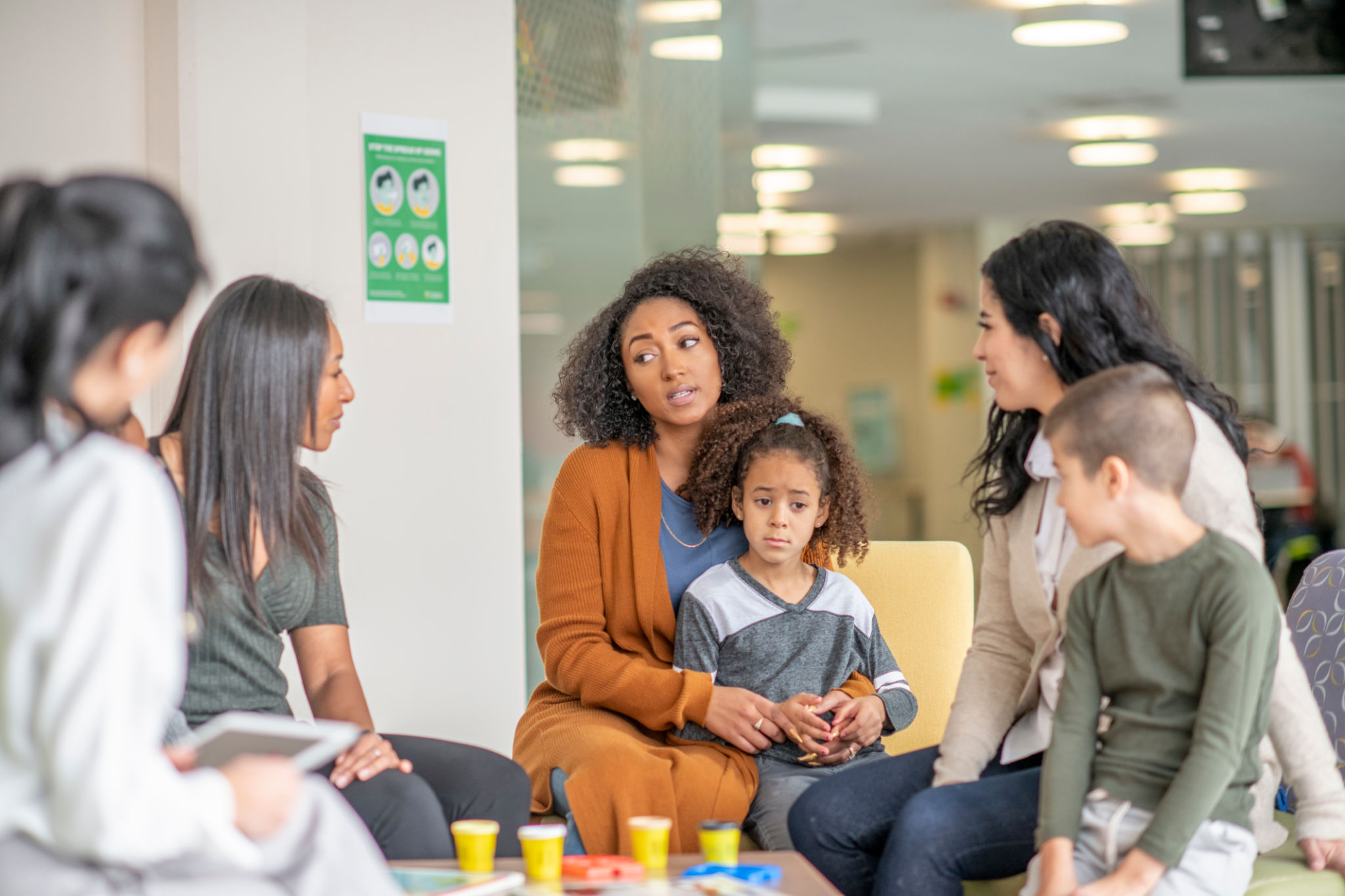Local Mental Health Resources: Finding Support in Your Community
Understanding the Importance of Local Mental Health Resources
Mental health is a crucial component of our overall well-being, yet it often doesn't receive the attention it deserves. Many people struggle with mental health issues, and finding the right support can be challenging. Fortunately, local mental health resources are available in most communities to provide assistance and guidance to those in need.
These resources can range from counseling services and support groups to crisis hotlines and educational programs. By tapping into these community-based services, individuals can find the help they need to manage their mental health effectively.

Types of Local Mental Health Resources
Counseling and Therapy Services
Counseling and therapy services are among the most common forms of mental health support available locally. These services are typically provided by licensed professionals, such as psychologists, therapists, or social workers, who can offer one-on-one or group therapy sessions. Many communities have mental health clinics or private practices where individuals can seek this type of support.
Support Groups
Support groups offer a unique form of peer-to-peer assistance that can be invaluable for individuals dealing with similar mental health challenges. These groups provide a safe space for people to share their experiences, learn from others, and build a network of support. Support groups can be found for various issues, including depression, anxiety, addiction, and trauma.

Crisis Intervention and Hotlines
In times of crisis, immediate support is essential. Local hotlines and crisis intervention services are available 24/7 to provide urgent assistance to those in distress. These services can offer guidance, support, and even direct intervention if necessary. Having access to a reliable crisis hotline can be a critical lifeline for individuals experiencing a mental health emergency.
Educational Programs and Workshops
Many communities offer educational programs and workshops focused on mental health awareness and self-care strategies. These programs are designed to equip individuals with the knowledge and tools they need to manage their mental health proactively. Workshops may cover topics such as stress management, mindfulness, and coping strategies.

Finding Local Mental Health Resources
Finding the right mental health resources in your community may take some research, but it's well worth the effort. Start by consulting local directories or online platforms that specialize in listing community services. You can also reach out to your primary care provider for recommendations or contact local hospitals and clinics for guidance.
Moreover, many communities have non-profit organizations dedicated to providing mental health services at little or no cost. These organizations often work in partnership with government agencies to ensure that mental health support is accessible to everyone.
The Role of Online Support
In addition to local resources, online support platforms can offer supplemental assistance. Virtual therapy sessions, online support groups, and mental health forums can provide valuable support, especially for those who may have difficulty accessing in-person services due to geographical or personal constraints.
While online resources should not replace professional medical advice or emergency services, they can be a beneficial addition to one's mental health care plan.

Encouraging Community Engagement
Community involvement plays a significant role in promoting mental health awareness and reducing stigma. Encouraging open discussions about mental health within your community can lead to greater acceptance and understanding. By participating in local events, volunteering, or simply having conversations with friends and neighbors about mental health, you can contribute to a more supportive environment for everyone.
